The National, 23rd December:
‘Greta Thunberg arrested at London hunger strikers protest’
Climate activist Greta Thunberg has been arrested in central London in support of the Palestine Action protesters.
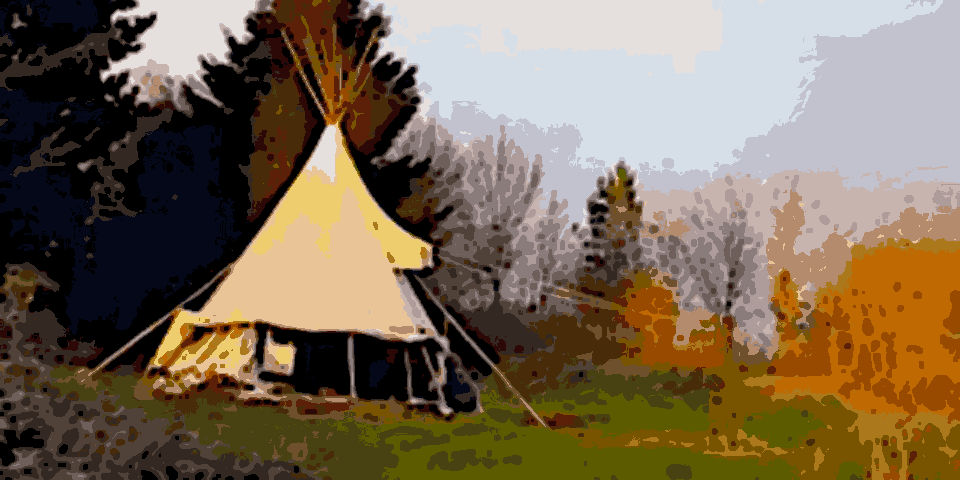
The Free Range Network began work in late 1994, and was one of the early activist groups in England & Wales that supported grassroots organizing using the Internet – years before the major campaign groups would see the potential of this. Thirty years later we not are so much advocating the opposite view, but rather a more informed and deeply critical view of how people work collectively within the ‘fully networked world’.
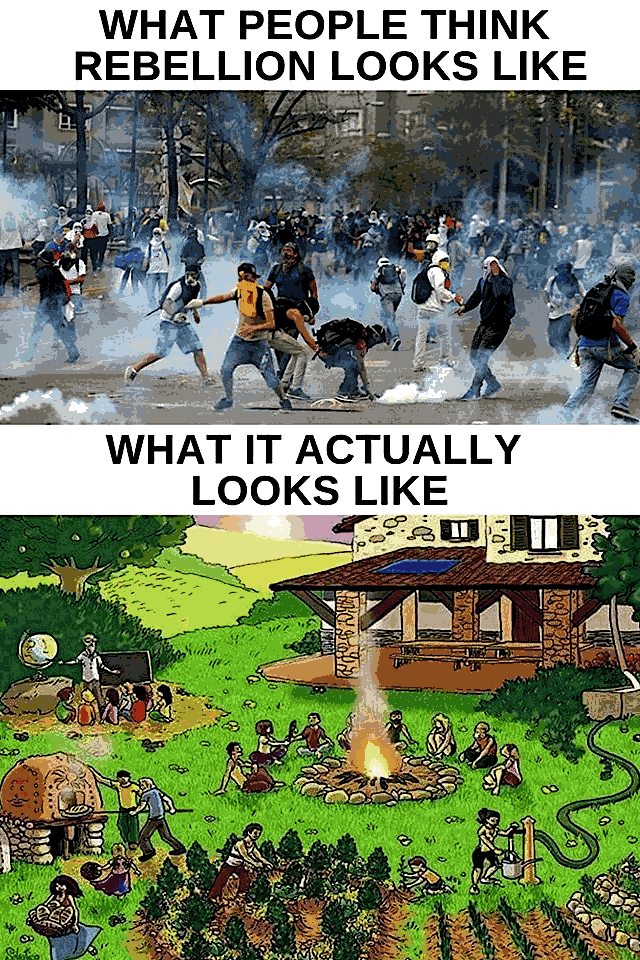
When The Network first got together thirty years ago there were few mobile phones, few people were aware of the Internet or email, and ‘the web’ barely existed. The Network’s major resource, the Free Range Activism Website, began off-line on a CD in early 1995; by 1996 it had moved on-line as one of the early UK activism support sites – formally becoming the ‘FRAW’ domain a few years later.
Though our work has ebbed and flowed with the needs of the UK activist movement more generally, over this time we have played a purposeful role supporting community-level organizing on local issues, and participated in national organizing around issues as diverse as nuclear power, incinerators, GM crops, and fracking.
For the first few years much of the site was devoted to hosting copies of official documents, laws, and guidelines, because government did not make these available electronically for the public – and in fact charged a small fortune for printed copies via the HMSO bookshops. By the turn of the Millennium we were giving away tens of thousands of pounds worth of official documents a month. Shortly after this the government started publishing these materials themselves, freeing this space for other work.
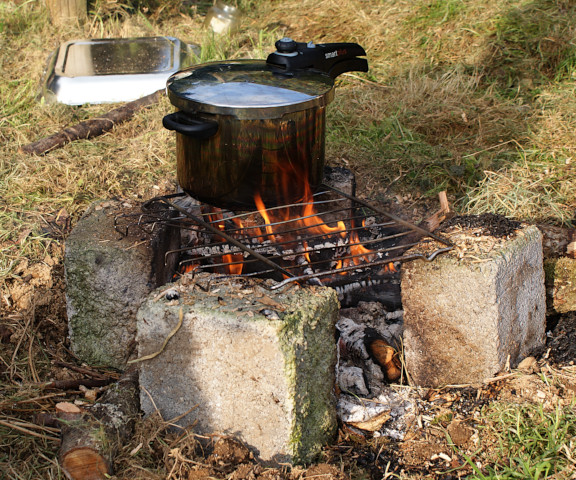
For much of the 2000s the content of the site shifted towards activist materials: Both the materials we produced to support our workshops and training sessions; and small temporary websites or publications made available on-line to support groups who could not publish electronically themselves. By the 2010s social media had largely taken this role too, and so the site now hosts the research of Network members that supports our wider shared goals.
As part of our early work in on-line organizing we ran a weekend workshop in December 1999 looking at both the potential and pitfalls of the ‘new media’. As the briefing produced for that weekend stated:
As society has become more complicated many people have withdrawn into the safe confines of their everyday lives. In the process, they often become the victims of change rather than the participants or creators of it. Worse still, many people view the process of change, politics, or development, as something that they have no part in because they have no power – which in essence is a self-fulfilling prophecy. If you retreat from change, and presume that you have no part to play in influencing it, then you will remain a slave to your circumstances.
‘The Detractor's Convention’ (December 1999)
As the algorithmic manipulation of reality via electronic networks and social media has sowed ever-greater isolation, atomization, and confusion, this is clearly the situation which divides the environment of the mid-1990s to that of today – which we must now highlight as the principal obstacle to radical change.
What is required is an approach: which encourages autonomous action ‘in real life’; informed by our direct perceptions rather the largely abstract or representative action on-line; which have become increasingly enmeshed within algorithmic filtering, censorship, and manipulation by increasingly ‘unreal’ on-line debates. The simplest way to do this is to learn the skills of organizing off-line once more, blending those with minimal on-line content, in order to circumvent these restrictions.
Thirty years ago we advocated the use of digital technologies to enable action, albeit the corporate-dominated digital agenda has since pushed people into a wholly passive role in the fully-networked world. Today the introduction of AI and micro-targeting portends an even more ‘captive’ role for the public in deciding political agendas.
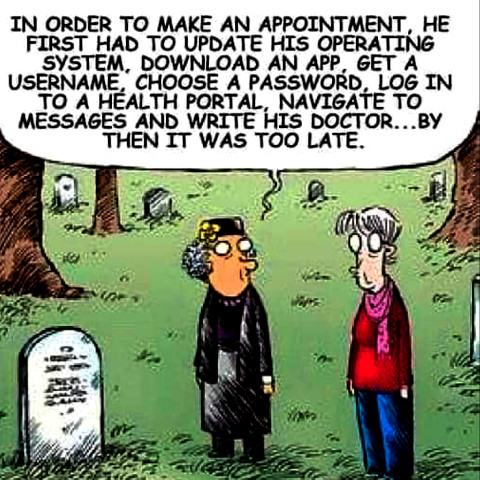
Looking back on our past work we find that technologies that were once helpful have, with the greater centralization and algorithmic manipulation of the mass media, become an obstruction to change. Consequently, while we still advocate the use of some human-scale technologies, our considered view is that true activism must move off-line in order to avoid the increasing ideological and legal blocks that grassroots movements now face on-line.
Moving on from our thirtieth anniversary this is our new focus – supporting the creation of a method of activism that is critical of its use of technology and the media. More significantly, whereas we once relayed the ‘new’ skills of on-line activism, today we feel the need to relay the ‘old’ skills of off-line radical activism as, with the dominance of electronic media across society, those socially-based skills are becoming increasingly scarce. They are, though, ideally suited to working around the technological blocks and borders being erected in virtual spaces.
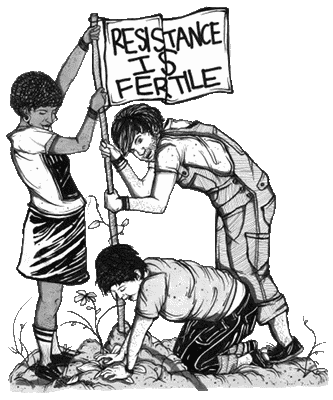
Though we rarely used the Internet or social media as our main means of operation before, going forward the emphasis within our work will deliberately focus on ‘off-line’ organizing. Where we do used electronic networks or social media this will be primarily as a means of publicity and the communication of key resources. Beyond this, if you wish to get in touch with the Network, you should seek to find us off-line in the ‘real world’.